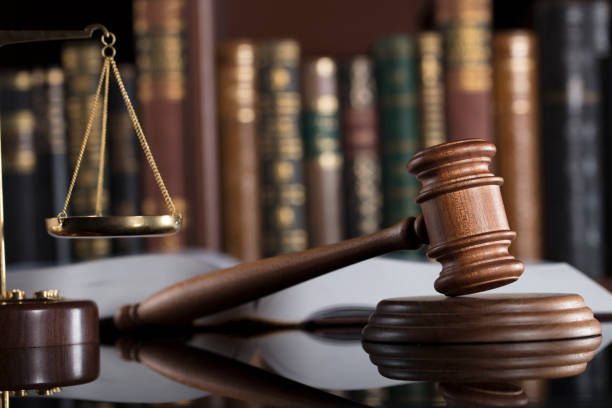The notion of “justice” is one that carries immense weight in society. It represents a fair and balanced response to wrongdoing, designed to ensure that individuals are held accountable for their actions while safeguarding their rights. However, in recent years, there has been growing concern about the process of navigating the justice system itself becoming a form of punishment. This phenomenon is particularly evident in cases involving charges of conspiracy to commit crimes, as well as politically motivated trials that can have far-reaching consequences for individuals and even impact the course of elections.
Conspiracy to Commit: Unveiling the Complexity
The charge of conspiracy to commit a crime involves two or more individuals forming an agreement to engage in illegal activities. What sets this apart is that the individuals need not have carried out the actual crime; the mere act of planning or discussing it can lead to prosecution. This creates a legal landscape where intent and association play a significant role. Critics argue that this charge can blur the line between thought and action, effectively penalizing individuals for their intentions rather than their deeds.
The process of navigating a conspiracy trial can be grueling. The lengthy investigations, legal proceedings, and constant uncertainty can have severe consequences, even if the accused is ultimately acquitted. The very act of being charged can tarnish a person’s reputation, impact their livelihood, and lead to emotional distress. In these cases, the process itself becomes a form of punishment, regardless of the trial’s outcome.
Politicized Trials and the Erosion of Justice
One of the most alarming developments in recent years has been the rise of politically motivated trials. In these situations, the justice system is used as a tool to achieve political agendas rather than upholding the principles of fairness and accountability. When legal proceedings are manipulated to target individuals who pose a perceived threat to those in power, the credibility of the justice system is undermined.
Such trials can have dire consequences for those caught in their crosshairs. Even if the charges are baseless, the lengthy legal battles and negative media attention can damage a person’s reputation irreparably. This can extend beyond the individual to impact public perception of entire political movements or parties. Moreover, these trials have the potential to interfere with electoral processes by strategically timed revelations or charges that sway public opinion, ultimately influencing the outcome of an election.
The Role of Media and Public Perception
Media coverage plays a crucial role in shaping public perception of legal cases. In the era of 24/7 news cycles and social media, information, and misinformation can spread rapidly. Politically motivated trials often become sensationalized, and individuals facing false charges may find themselves battling not only in the courtroom but also in the court of public opinion.
The media’s role in influencing public sentiment can exacerbate the punishment inherent in the legal process. Even after an individual is acquitted, the stigma attached to being accused can linger, affecting their personal and professional life for years to come.
Conclusion: Seeking Balance and Reform
In a just society, the legal system should uphold the principle that individuals are innocent until proven guilty, and the punishment should fit the crime. However, the current reality reveals that the process itself can become a punitive tool, particularly in cases of conspiracy and politically motivated trials.
To address this issue, legal reforms are necessary. Stricter guidelines for charging conspiracy offenses, greater transparency in investigations, and protections against politically motivated prosecutions are steps that can help restore faith in the justice system. Additionally, responsible media coverage and public awareness campaigns can counteract the damaging effects of sensationalized trials.
In the end, a fair and balanced legal process should not be a source of punishment but a mechanism for seeking truth, accountability, and justice. Only through comprehensive reforms and a commitment to upholding the principles of fairness can societies ensure that the process and the punishment remain distinct entities in the pursuit of justice.
